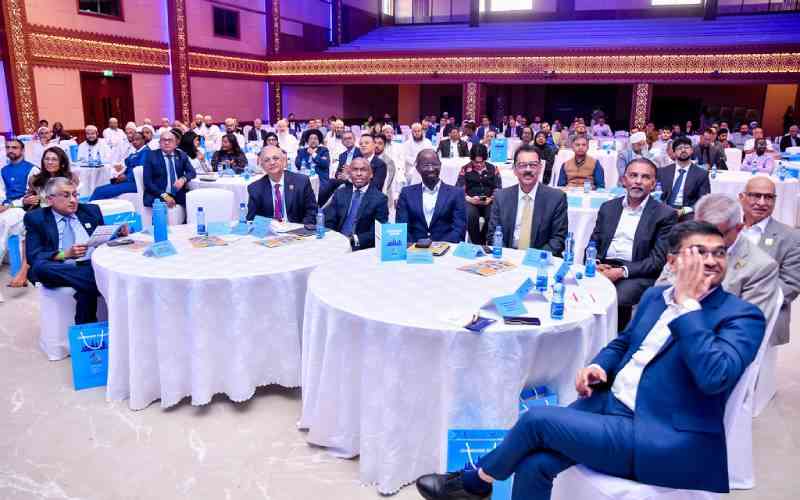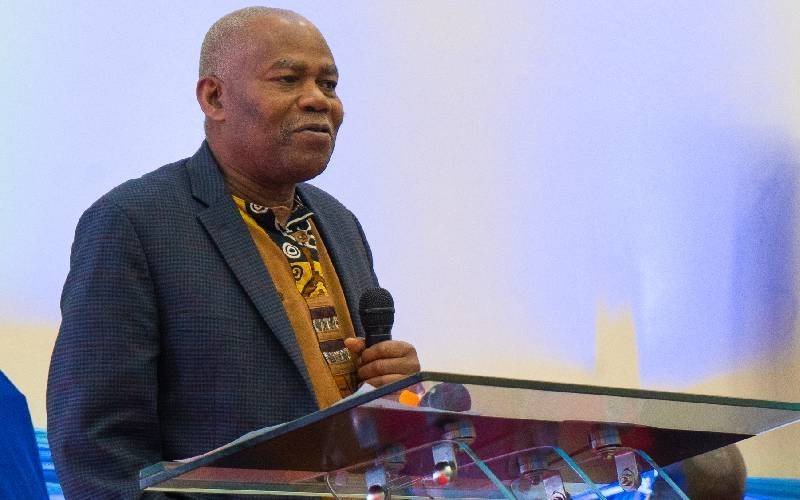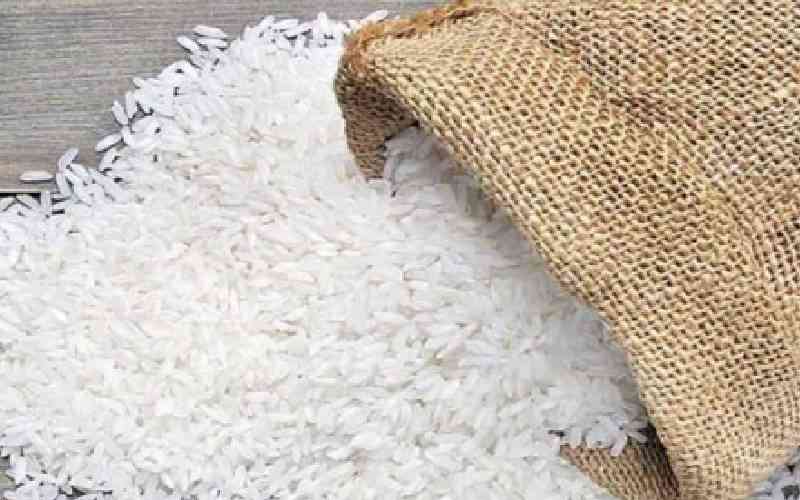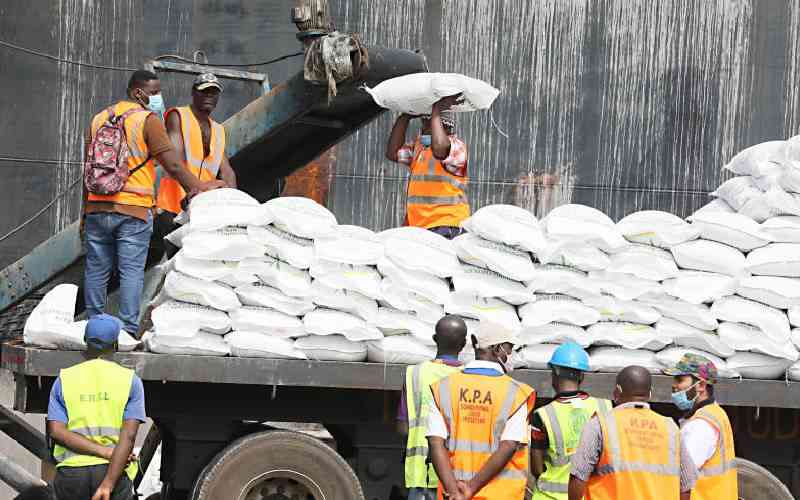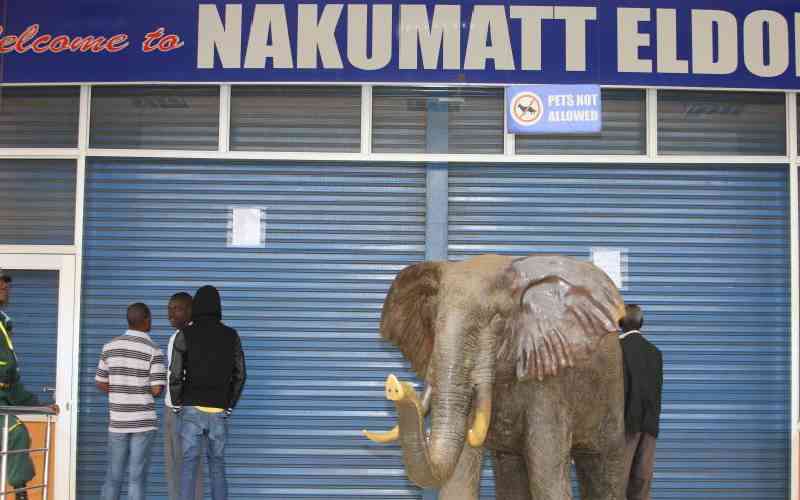×
The Standard e-Paper
Truth Without Fear

Kenya is set to benefit from new trade agreements with Morocco following Prime Cabinet Secretary Musalia Mudavadi’s visit to Rabat, a move expected to boost bilateral cooperation in trade, education, renewable energy and cultural exchange.
Speaking during the 26th Throne Day celebrations hosted by Moroccan Ambassador Abderrazzak Laassel in Nairobi on Thursday, Mudavadi praised Morocco’s infrastructure achievements, citing Africa’s largest port in Tangier and the high-speed rail line linking Rabat to Tangier.
